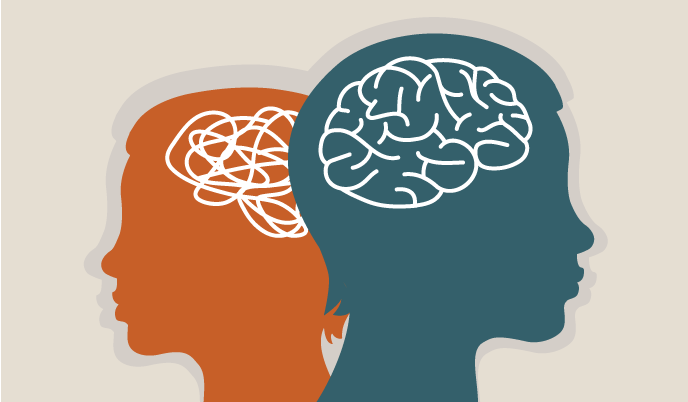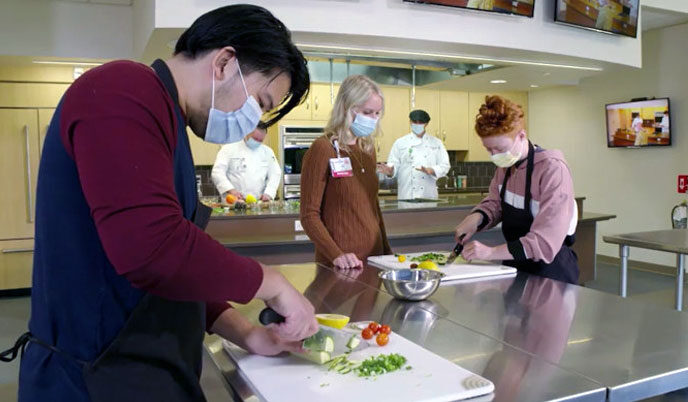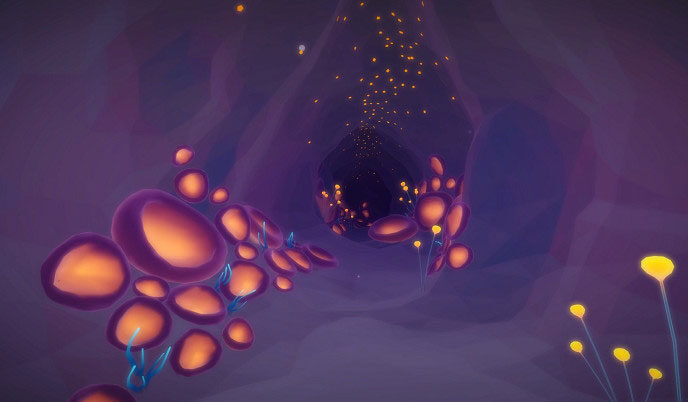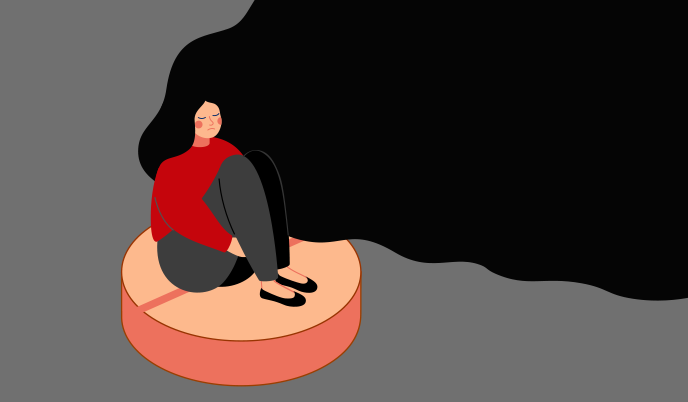
Some childhood traumas may reduce adolescent mental health problems
An analysis of national data by University of Wisconsin School of Medicine and Public Health psychiatry researchers showed that the type of trauma a person experiences could be more impactful than the amount of trauma they encounter in youth.

Art Walaszek named associate dean for faculty affairs and development
Dr. Art Walaszek has been named the next associate dean for faculty affairs and development at the University of Wisconsin School of Medicine and Public Health.

Adolescent moods improve during smartphone use
According to a new study, adolescents report better moods when using their smartphones than when not using them, and that their moods improved while they were using their phones.

Study finds teens, young adults benefit from clinician advice about safe social media use
Teens and young adults who received a brief social media counseling session during a health care visit remembered the lessons and reported safer online behavior six months later, according to a large new study from the University of Wisconsin School of Medicine and Public Health.

New Osher Center for Integrative Health launches at UW–Madison
After more than a year of planning and development, the University of Wisconsin Integrative Health program officially opened the Osher Center for Integrative Health at University of Wisconsin‒Madison.

UW researchers examine whether virtual reality can help teens regulate emotions
Cutting-edge research at the UW School of Medicine and Public Health is studying whether a new virtual reality video game can help teens self-regulate breathing and improve their mental health.

Sue Wenker receives Joan M. Mills and Distinguished Educator awards

Inflammation predicts response to anti-depression medication
Children and teens with bipolar depression responded better to an antipsychotic medicine if they had increased markers of inflammation in their blood, a new University of Wisconsin–Madison study shows.

Changing a single molecule in the brain can alleviate anxiety
A new study shows, for the first time in primates, that altering one particular molecule in a specific brain region can change “dispositional anxiety,” the tendency to perceive many situations as threatening. The finding provides hope for new strategies focused on intervening early in life to treat people at risk for anxiety disorders, depression, and related substance abuse.

UW study: Inherited brain pathway underlies the risk for anxiety and depression
In studies of young rhesus monkeys, researchers from the University of Wisconsin Department of Psychiatry have discovered brain pathways that underlie children’s vulnerability to develop anxiety and depression later in life.

Mental health in pregnancy may affect development of newborns’ brains
Many factors can influence the development of a baby during pregnancy and after birth, but until recently, researchers knew little about the relationship between an expectant mother’s mental health and the subsequent development of her baby after birth.

UW to test using MDMA in treatment of severe PTSD
The Department of Family Medicine and Community Health of the UW School of Medicine and Public Health will take part in a multisite Food and Drug Administration-approved Phase III trial investigating MDMA as an adjunct to psychotherapy for the treatment of severe post-traumatic stress disorder (PTSD).